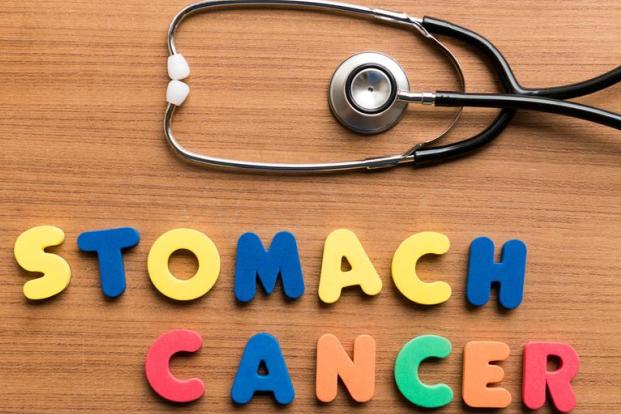Diagnosis of Stomach or Gastric Cancers
Apr 19, 2022
- Medical history and physical exam
When taking your medical history, the doctor will ask you questions about your symptoms (eating problems, pain, bloating, etc.) and possible risk factors to see if they might suggest stomach cancer or another cause. The physical exam gives information about your general health, possible signs of stomach cancer, and other health problems.

- Upper endoscopy
Upper endoscopy (also called esophagogastroduodenoscopy or EGD) is the main test used to find stomach cancer. During this test, the doctor passes an endoscope, which is a thin, flexible, lighted tube with a small video camera on the end, down your throat. This lets the doctor see the lining of your esophagus, stomach, and first part of the small intestine. If abnormal areas are seen, biopsies (tissue samples) can be taken using instruments passed through the endoscope. The tissue samples are sent to a lab, where they are looked at with a microscope to see if cancer is present.
- Endoscopic ultrasound
EUS is most useful in seeing how far a cancer may have spread into the wall of the stomach, to nearby tissues, and to nearby lymph nodes.
- Biopsy and IHC(Immunohistochemistry)
Biopsies to check for stomach cancer are most often obtained during upper endoscopy. Tumor is also tested for HER 2 positivity as it helps in treatment.
- Imaging tests
Imaging tests are done :
- To help find out if a suspicious area might be cancerous
- To learn how far cancer may have spread
- To help determine if treatment has been effective
Barium Swallow
Computed tomography (CT or CAT) scan
Magnetic resonance imaging (MRI) scan
Positron emission tomography (PET) scan
These are some of the radiological tests which are done in Stomach Cancer.
- Lab tests
Complete blood count (CBC)
Kidney Function tests(KFT)
Liver Function tests(LFT)
ECG and Echo for the Heart
Fecal occult blood test to look for blood in stool (feces)
All these tests with history and physical examination done tell us about the presence and stage of the cancer which further helps in suggesting the best treatment for the patient.









